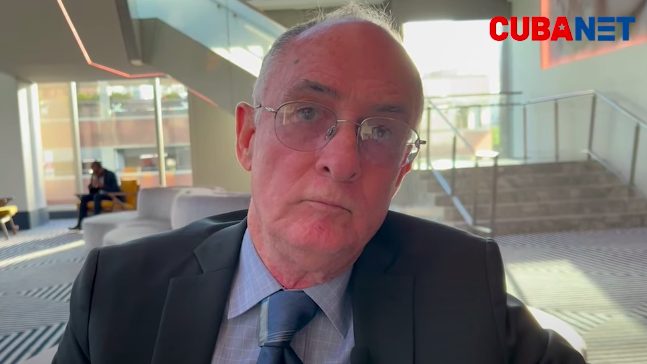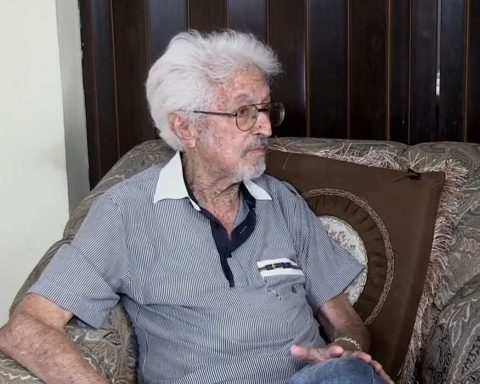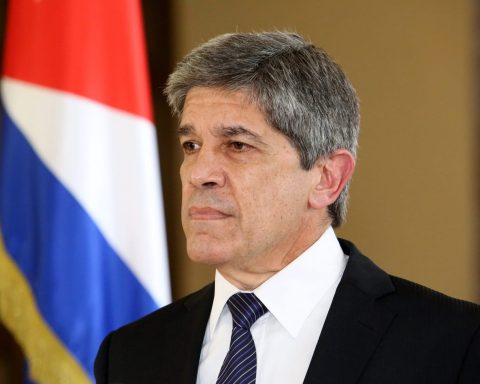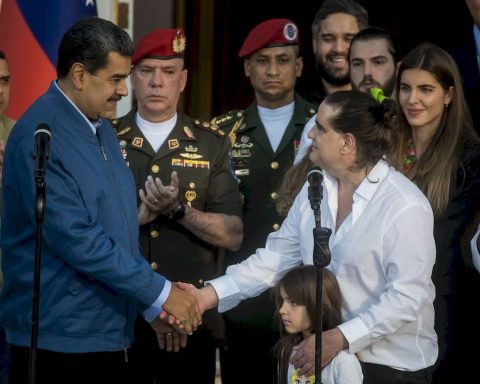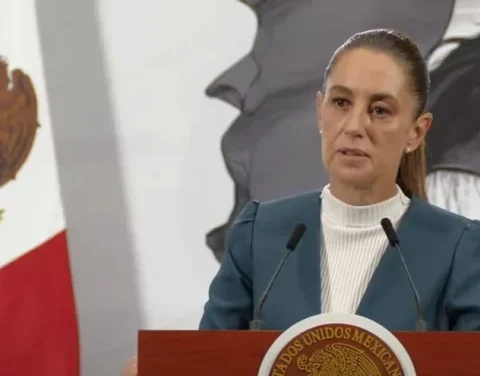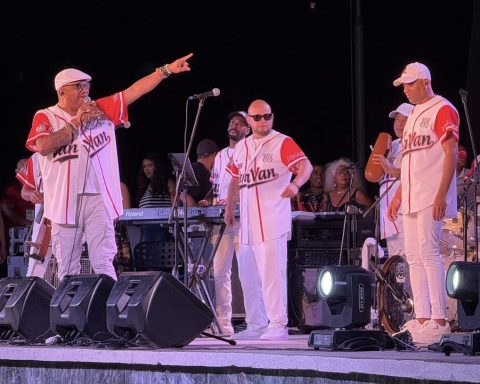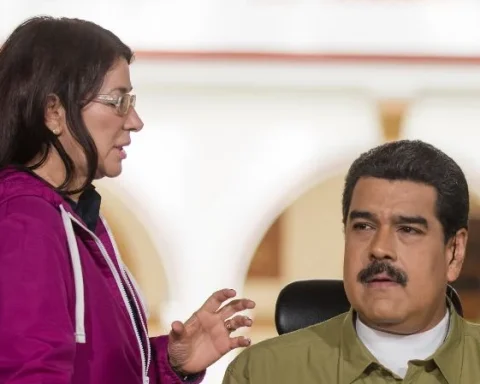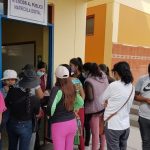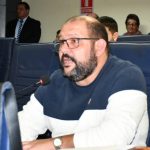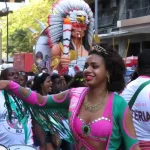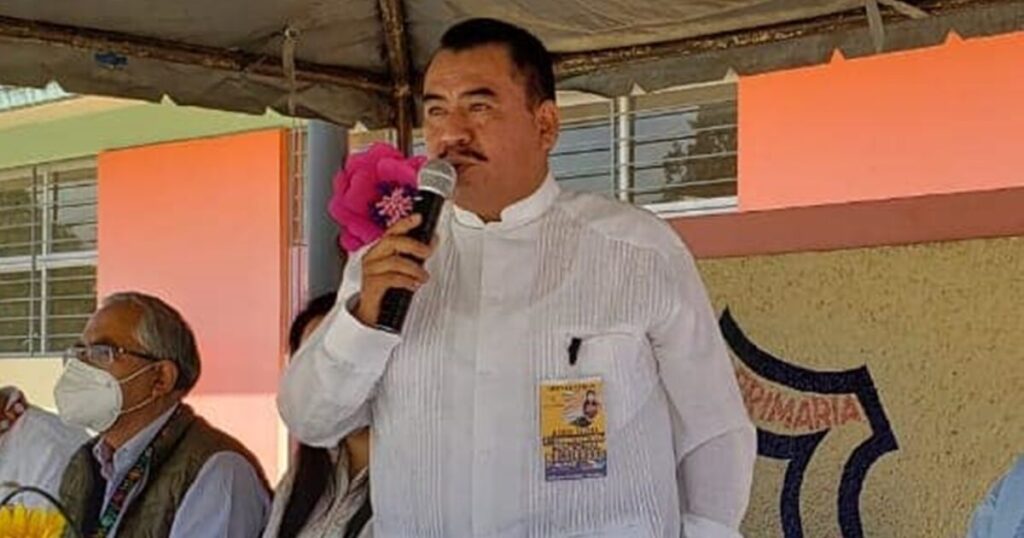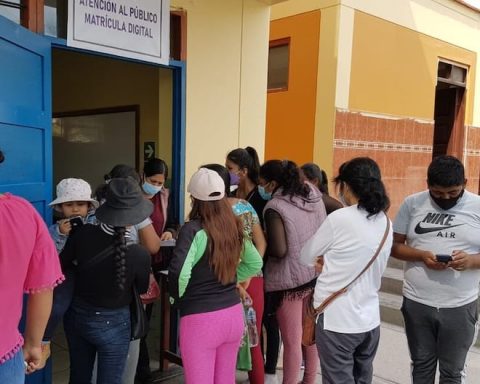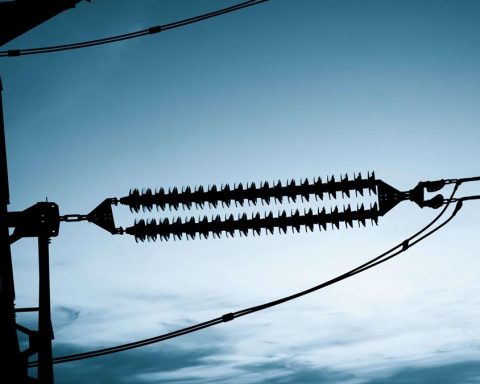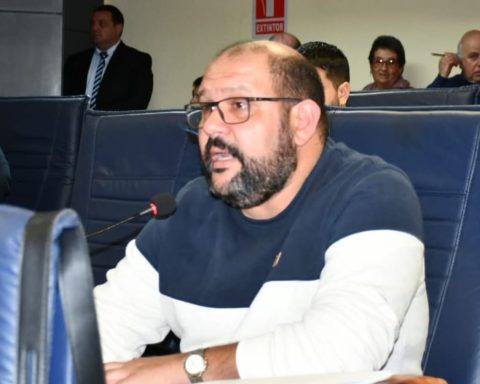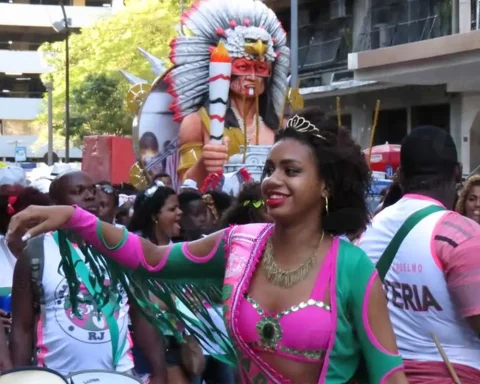MIAMI, United States.- The lawyer and collaborator of CubaNet Roberto Jesús Quiñones Haces, former Cuban politician, participated this Tuesday in the colloquium on the right to public demonstration in Cuba, a parallel event to the XI Summit of the Americas that during this week takes place in the city of Los Angeles, California.
Interviewed outside the venue where the panel took place, Quiñones told CubaNet that at 64 years old, he only wants to “see my people united and fraternizing, not divided as it is now. I believe that Cuba belongs to everyone”.
The journalist, who suffered a year in prison for reporting on the trial of pastors Ramón Rigal and Ayda Espósito, assures that every time he attends an event in which he has to speak about Cuba, he does not refer to his case in particular, but rather deals with the problems of his “Homeland”. “I take advantage of those moments to denounce the sad situation that persists in our country due to the dictatorship,” he said.
For Quiñones, “after what happened on July 11 of last year, there is no more complacency in the face of the hypocrisy of certain governments and the world towards a dictatorship that has shown its true face, and that has shown that it is totally incongruous even with the compliance with its own laws.
The lawyer assures that the repression unleashed by the government, “even against the relatives of the 11J prisoners, just for organizing and asking for more justice for them demonstrates the cruel and despotic nature” of the Cuban regime.
Roberto Quiñones defines himself as a very simple man who loves silence very much, which is perhaps why when asked how he faced the dictatorship while he was on the island, he assured that he considers that he did not do anything exceptional. “I went to jail twice in Cuba for being a man consistent with my ideas. And precisely that search for meaning in life, for a worthy meaning, is what no dictatorship can destroy.”
The former Cuban politician also criticized the system of government imposed on the island, which he described as illegal, which “does not respect human rights and does not have the support of the people in democratic and multi-party votes, which was the promise that Fidel made to him.” did to the people: re-establish the 1940 constitution and re-establish democracy”.
Fidel, added Quiñones, “betrayed those postulates and imposed a regime diametrically opposed to the doctrine of José Martí, and they have even had the shamelessness to identify the Marxist-Leninist ideology with Martí’s thought in the Constitution. There is nothing more incongruous, they are two antipodes”, he reflected.
The colloquium on the right to public demonstration in Cuba was convened by the Institute on Race, Equality and Human Rights, based in Washington, and had as its center of analysis the events of July 11 and November 15 of last year.
Receive information from CubaNet on your cell phone through WhatsApp. Send us a message with the word “CUBA” on the phone +1 (786) 316-2072, You can also subscribe to our electronic newsletter by giving click here.
